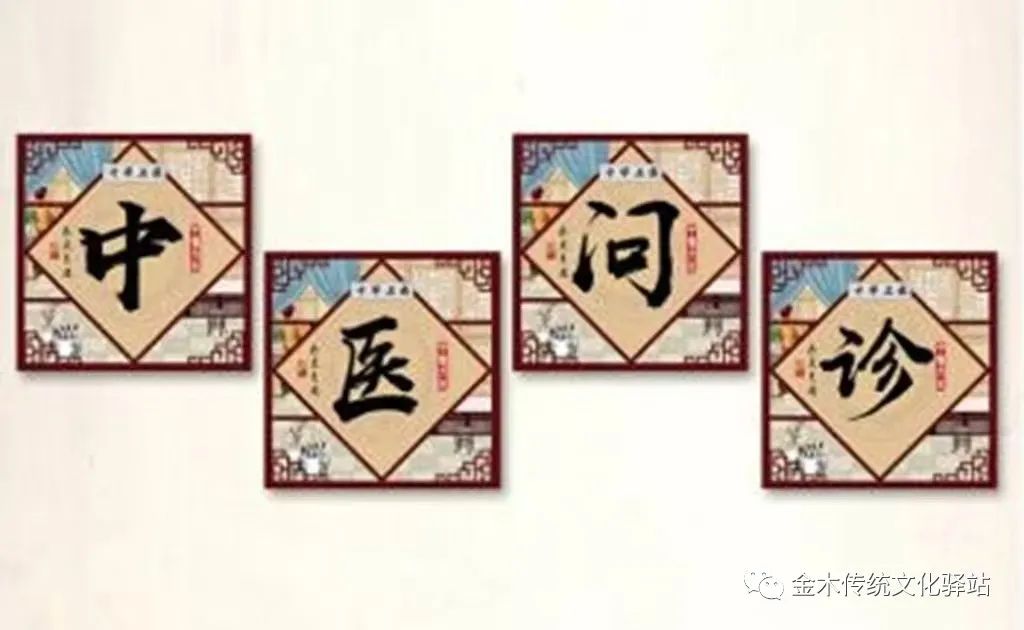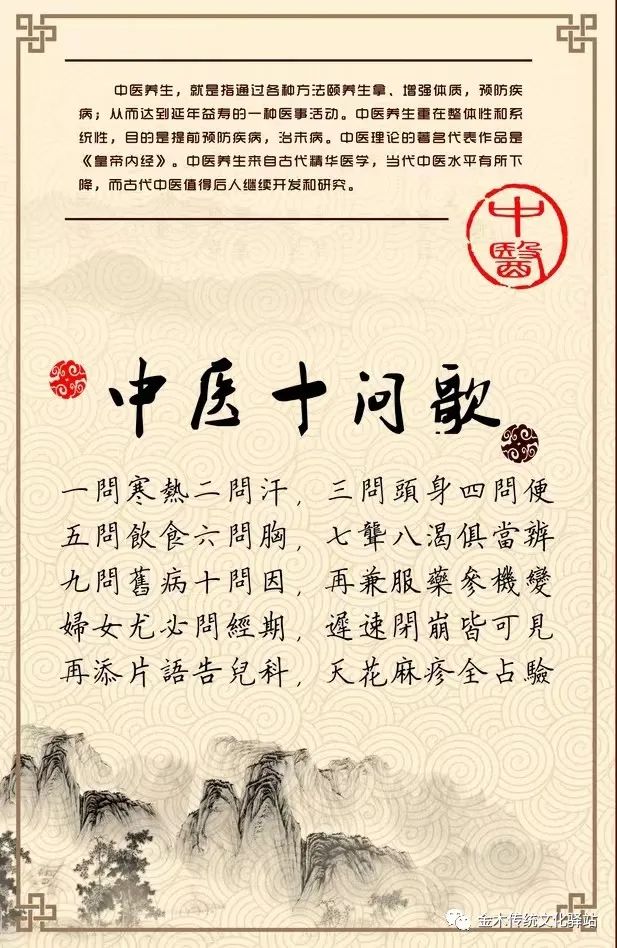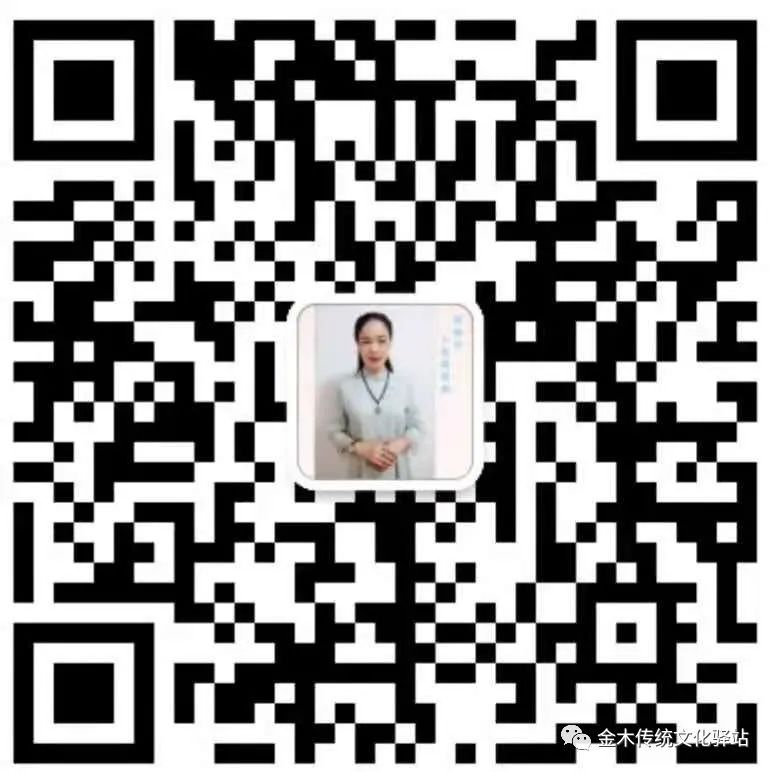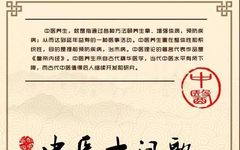
Diagnosing a disease requires understanding the patient’s lifestyle habits, mental state, as well as the onset and progression of the illness. If necessary, it is also important to understand their family history and personal medical history.
Generally, the main content of the inquiry focuses on the process of onset and subjective symptoms. There is a certain procedure for questioning, as Zhang Jingyue once composed the “Ten Questions Song”: “First ask about cold and heat, second ask about sweating, third ask about head and body, fourth ask about bowel movements, fifth ask about diet, sixth ask about the chest, seventh ask about deafness, eighth ask about thirst, ninth observe pulse and color to discern yin and yang, tenth observe qi and flavor to assess spirit.” The ten questions include the differentiation of external and internal injuries, explained as follows.

1. Cold and Heat:Those with cold and heat symptoms are often suffering from exterior conditions or external pathogenic factors, while those without cold and heat are more likely to have internal conditions or mixed internal injuries; fever with chills indicates a yang condition, while no fever with chills indicates a yin condition. Further analysis can be combined with other symptoms, such as fever with chills and body aches indicating a Taiyang disease; fever without chills and thirst indicating a Yangming disease; alternating cold and heat with bitter mouth, dry throat, and dizziness indicating a Shaoyang disease.
There are also cases of no fever but chills, with cold hands and feet indicating a deficiency cold condition; tidal fever or sudden heat with burning palms and soles indicating a deficiency heat condition; additionally, the timing of fever should also be distinguished, with early reduction and evening increase indicating a time evil; early onset and evening retreat or early rise and evening retreat indicating deficiency labor; regular fluctuations, occurring once a day, every two days, or every three days indicating malaria.
2. Sweating:Sweating is closely related to cold and heat. For example, in cases of external pathogenic fever, no sweating indicates a cold damage, while sweating indicates a wind damage. If sweating reduces heat, the illness is gradually declining; if heat increases after sweating, the evil is penetrating inward. In deficiency conditions, night sweats due to yin deficiency lead to fatigue after sweating; spontaneous sweating due to yang deficiency leads to feeling cold after sweating.
Moreover, in cases of exterior conditions with excessive sweating, if sweating does not stop and heat suddenly drops while chills worsen, it is termed as loss of yang, indicating a risk of collapse; there are also cases of sweating with shivering, where sweating resembles collapse but pulse is quiet, termed as battle sweat, indicating a turning point in the disease, which should not cause panic. If sweating is like beads or oil, with cold limbs and a hidden pulse, it indicates a sign of impending death, termed as absolute sweat.
3. Head:Persistent headaches with cold and heat symptoms are often due to external pathogens. Pain in the head and neck belongs to Taiyang, pain in the forehead belongs to Yangming, pain on both sides belongs to Shaoyang, and pain at the vertex belongs to Jueyin. Intermittent pain, accompanied by dizziness and heaviness, is often due to mixed internal injuries; pain with a feeling of heat belongs to liver fire; dizziness with light sensitivity belongs to liver yang; severe pain with a pale face belongs to liver cold; heavy and dull pain with ringing in the ears belongs to brain deficiency. Phlegm-damp obstruction, preventing clear yang from rising, can also cause dizziness, often accompanied by a greasy tongue and nausea.
4. Body:General body aches, often with exterior symptoms, are due to external pathogens; sweating reduces pain, without cold and heat, pain in the joints, or wandering pain in the limbs indicates wind-cold-damp obstruction, often related to climate; numbness in hands and feet, or localized numbness indicates qi deficiency; numbness in the thumb or index finger extending to the elbow indicates a precursor to stroke. Persistent body pain that eases with movement indicates disharmony of qi and blood; heavy body pain with difficulty in movement indicates damp obstruction in the meridians.
5. Bowel Movements:Constipation with the ability to eat indicates yang blockage, while inability to eat indicates yin blockage; abdominal fullness and pain indicate excess conditions, while no fullness or pain indicates deficiency conditions; chronic illness or elderly patients, postpartum women often experience difficulty in bowel movements due to blood depletion and dryness; dry first and then loose indicates insufficient middle qi; frequent loose stools indicate spleen deficiency; diarrhea occurring at dawn indicates kidney deficiency; diarrhea with abdominal pain and foul stools indicates food injury; alternating pain and diarrhea with sticky red and white stools, with urgency and heaviness indicates dysentery; sudden vomiting with continuous watery diarrhea, numb limbs, and sweating indicates cholera.
6. Urination:Clear urination indicates cold, yellow and red indicates heat, turbid and unsmooth indicates damp-heat. Frequent urination with inability to control indicates deficiency conditions; frequent urination with thirst and excessive drinking indicates diabetes; painful urination with dripping indicates strangury; inability to urinate with abdominal distension indicates urinary retention. In all cases of diarrhea, urination must be scant; as urination gradually increases, diarrhea will improve.
7. Diet:The stomach governs receiving, while the spleen governs digestion. Being able to eat and easily feeling hungry indicates a strong stomach, while difficulty in digestion indicates a weak spleen; preferring cold food indicates stomach heat, preferring warm food indicates stomach cold; vomiting immediately after eating indicates a heat condition, while morning food and evening vomiting indicates a cold condition. Children who overeat, experience abdominal pain, and are thin often have accumulated parasites; pregnant women experiencing nausea from food is a physiological phenomenon. Bitter taste indicates liver-gallbladder fire, sweet taste indicates spleen damp-heat, sour taste indicates liver-stomach disharmony, salty taste indicates kidney deficiency with water flooding, and bland taste with clear water indicates stomach cold.
8. Chest:Chest fullness and oppression often indicate qi stagnation; restlessness and noise often indicate heat accumulation; chest fullness with pain indicates chest obstruction; non-painful fullness extending to the heart indicates phlegm qi; chest pain radiating to the back, with back pain radiating to the heart indicates chest bi syndrome. Inquiry about chest symptoms must relate to the epigastric and lateral abdomen, such as epigastric pain indicating stomach issues, with pain after eating indicating excess, and pain easing after eating indicating deficiency. Abdominal pain indicates intestinal issues, with pain that resists pressure indicating excess, and pain that is relieved by pressure indicating deficiency. Lateral pain indicates liver issues, with sudden pain indicating qi, and chronic pain indicating meridian involvement.
9. Deafness:Sudden deafness often indicates excess, due to liver-gallbladder fire rising; chronic deafness indicates deficiency, due to liver-kidney yin deficiency. Sudden onset of deafness often begins with tinnitus, such as sounds of waves indicating wind-heat; sounds like cicadas indicate yin deficiency; there may also be pus and swelling, resembling a mix of ringing and deafness indicating liver channel damp-heat.
10. Thirst:Dry mouth with the ability to drink indicates true thirst, due to heat in the stomach; inability to drink, or drinking little indicates false thirst, due to dampness in the stomach. Preference for cold drinks indicates stomach heat, while preference for hot drinks indicates internal cold.

During the inquiry, the quality of sleep should also be noted.For instance, insomnia often indicates a deficiency condition; short sleep with easy awakening indicates unsettled spirit; frequent dreams indicate excessive fire; startling during dreams indicates gall bladder qi deficiency; chest oppression and inability to sleep peacefully indicates damp phlegm obstruction.
Additionally, whether memory is declining, sexual desire is normal, or if there are any nocturnal emissions, should all be inquired about, as long as they relate to the symptoms, do not hesitate to seek details.
For female patients,during the inquiry, it is important to ask about menstrual regularity; for early onset with bright red color, it often indicates heat; for late onset with dark purple color, it often indicates excess; for scanty flow with light color, it often indicates deficiency; for premenstrual abdominal pain with scanty flow and clots, it often indicates qi stagnation. If menstruation occurs with cold and fever, or fever occurs during menstruation, with confusion of consciousness, it indicates heat entering the blood chamber. In general, if menstruation stops, married women should consider the possibility of pregnancy.
Pediatrics,historically known as the “mute department,”because it is generally not possible to directly hear the complaints of sick children. However, one should not relax the inquiry and must thoroughly question the child’s parents. In addition to asking about the onset time and progression of the illness, it is also important to note whether the child has been vaccinated against smallpox or has had measles.
DisseminatingTCM health knowledge, promoting Chinese traditional culture,sharing health concepts, and conveying care, passing health knowledge and traditional culture to more friends…
People are great because they have dreams; we are different because we have love.
Liu Qingning: 186 9643 6785 or (WeChat ID)
Yang Shunsong: 138 7171 7447 or (WeChat ID)


